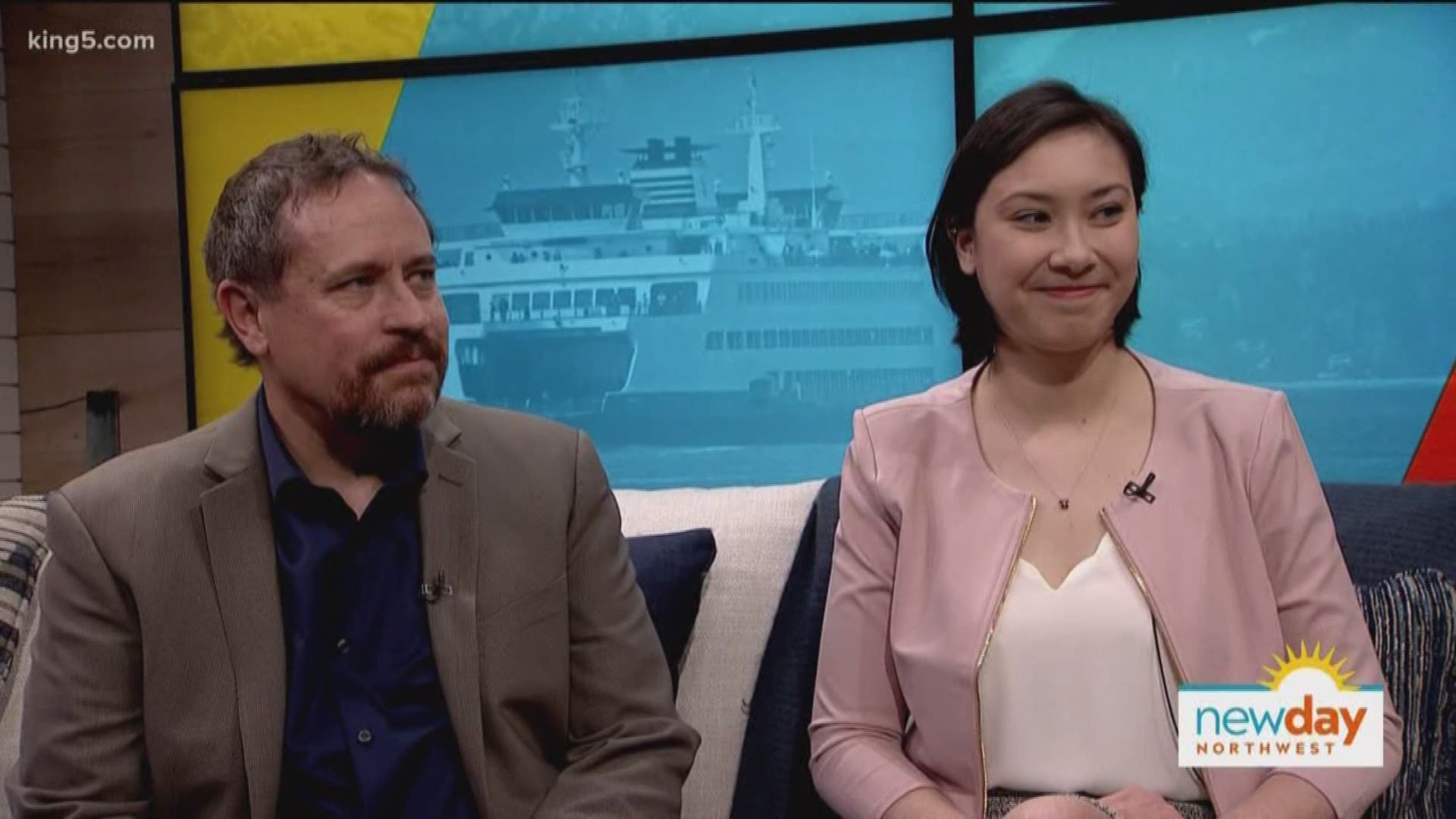SEATTLE — Editor's note: the video above is from April 2019 about another app developed by UW researchers to help deal with a high heart rate.
Being listened to while you sleep may sound a bit creepy, but it could also potentially be lifesaving.
Nearly half a million Americans die every year when their hearts stop beating during a cardiac arrest. A new app developed at the University of Washington detects the sounds of distressed breathing that can accompany cardiac arrest, even while you’re sleeping.
Research team member Dr. Jacob Sunshine explained, “Agonal breathing is a unique guttural gasping sound that people make when they have very low oxygen levels. It is an emergency and an indication for CPR. Because it is unique, it is a good biomarker to identify if someone is in a cardiac arrest.”
Agonal breathing is present in roughly 50% of cases of cardiac arrest and correlates with an increased chance of survival if treated with CPR. CPR intervention can triple your chance of survival but requires rapid detection and intervention from a bystander.
The app, developed with technology through Sound Life Sciences, Inc. in Seattle, would utilize existing smartphones or smart speakers to listen to breathing – working from distances of up to 19 feet.
“With the explosion of smart commodity devices in people’s homes and pockets, it’s enabling new opportunities to monitor health,” Sunshine added.
The new study is a promising proof-of-concept, but the app isn’t quite ready for public use.
Using 263 recordings from King County 911 calls, the authors used some calls to train the artificial intelligence technology, and other calls to test its performance. They also added in other noises like pet sounds, cars, and snoring, to account for interference from real-world sounds.
Justin Chan, the first author of the study published in the June 19 issue of NPJ Digital Medicine, explained, “if somebody is having agonal breathing, our chance of detecting it is 97%.”
Sunshine explained how they collected the data to develop the app: “Not every place keeps databases of cardiac arrest calls. This is a really unique dataset… Seattle King County Emergency Medical Service is world class in their out-of-hospital cardiac arrest management and does training so that dispatchers and paramedics are good at recognizing this unique sound.”
While a lot of work has been done to detect vital medical information from smartwatches and other on-body devices, this is the first application of non-contact medical monitoring using everyday technology.
“I’ve never seen any other technology like this,” said Dr. Sean van Diepen of the University of Alberta, who specializes in Cardiology and Critical Care Medicine. He notes that cardiac arrests have very low survival rates, 10% or lower. This is because they are often unwitnessed, or if someone else is present, they don’t recognize the symptoms or know how to intervene.
This app could help out on both fronts -- alerting those nearby that a cardiac arrest is happening and they should perform hands-only CPR. If no one is around to help, the app would call 911.
Using recordings of sleep from volunteers, only 0.22% of cases had false positives—where the app incorrectly diagnosed a cardiac arrest when one wasn’t happening.
“What do people consider an acceptable false activation rate? We haven’t had that discussion yet, but we will need to.” says Dr. van Diepen, adding “This will require real-world testing.”
For those concerned about their health but also worried about privacy, the researchers offer assurance that this technology doesn’t require that your data be shared.
“It can do all the processing locally on the smart speaker, so no data goes over the internet or to third-party service. Everything can be done on the device itself,” Chan said.

